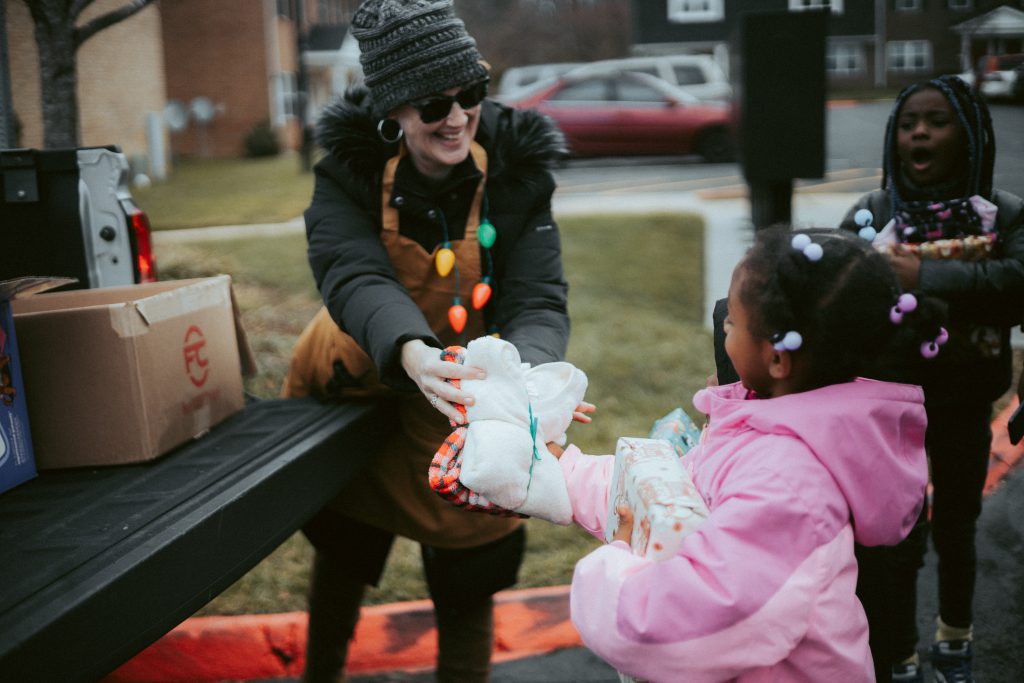As parents, we share a common desire to raise compassionate and responsible kids who are actively involved in their communities. By encouraging our children to participate in community service and volunteering, we can help them gain valuable life skills and immensely rewarding experiences that will help shape their future. In this post, we will highlight seven major benefits of community service and volunteering for PK-12 students and how it can help them not only improve their skills, but also make a positive impact in their communities.
Develops Empathy and Compassion
When children and teens get involved in volunteering, they learn to develop empathy and compassion for others who are less fortunate. They gain an insightful understanding of the challenges faced by the community and the importance of working together for a common goal. This reinforces the value of patience, kindness, and the ability to connect with others at a deeper level.

Builds Confidence and Self-Esteem
Volunteering provides children with a sense of purpose and accomplishment that can boost their self-esteem and confidence. They become motivated to exert greater effort and show initiative in achieving their goals. They learn to acknowledge their strengths and limitations, which in turn helps them improve their overall performance.
Encourages Critical Thinking and Problem Solving
Volunteering involves working collaboratively with other volunteers to identify problems and come up with feasible solutions. Through this, children sharpen their analytical and critical thinking skills as they brainstorm and experiment with various ways of addressing issues. They become more receptive to alternate views and opinions, and are able to develop new perspectives and ideas.
Teaches Responsibility and Accountability
By committing to volunteer work, children learn the importance of responsibility, accountability, and dependability. They understand that their work has a direct impact on the lives of others, and they learn to take ownership of their roles and follow through on their promises. This helps them gain a greater sense of commitment to their community, which they can carry with them throughout their lives.

Enhances Social and Emotional Skills
Volunteering provides children and teens with the opportunity to interact with volunteers of different ages, backgrounds, and cultures. This helps them develop important social and emotional skills such as effective communication, teamwork, leadership, empathy, and mutual respect. They learn to adapt to different personalities, and work collaboratively towards shared goals.
Increases Opportunities for Learning
Volunteering provides a unique opportunity for children and teens to learn about different cultures, professions, and societal issues. They learn about the challenges faced by their community, and how to work together to address them. They gain a wealth of new knowledge, skills, and experiences that can help them make informed decisions about their future professions and areas of interest.
Improves College and Career Prospects
Volunteering is a valuable addition to any child’s resume, as it demonstrates their ability to work collaboratively with others, think critically, and engage with their community. Many colleges and employers value applicants with volunteer experience as it showcases their commitment to social responsibility, and enhances their overall life skills and experiences.
At Schola, we believe that community involvement and volunteering are crucial parts of a comprehensive education. To help parents find schools that prioritize service learning and community engagement, we created ScholaMatch™, a powerful tool that matches students with schools that advocate such values. Do you want to find schools that value community involvement and volunteering? Try ScholaMatch™ today and start exploring the best schools for your child!


Leave a Reply